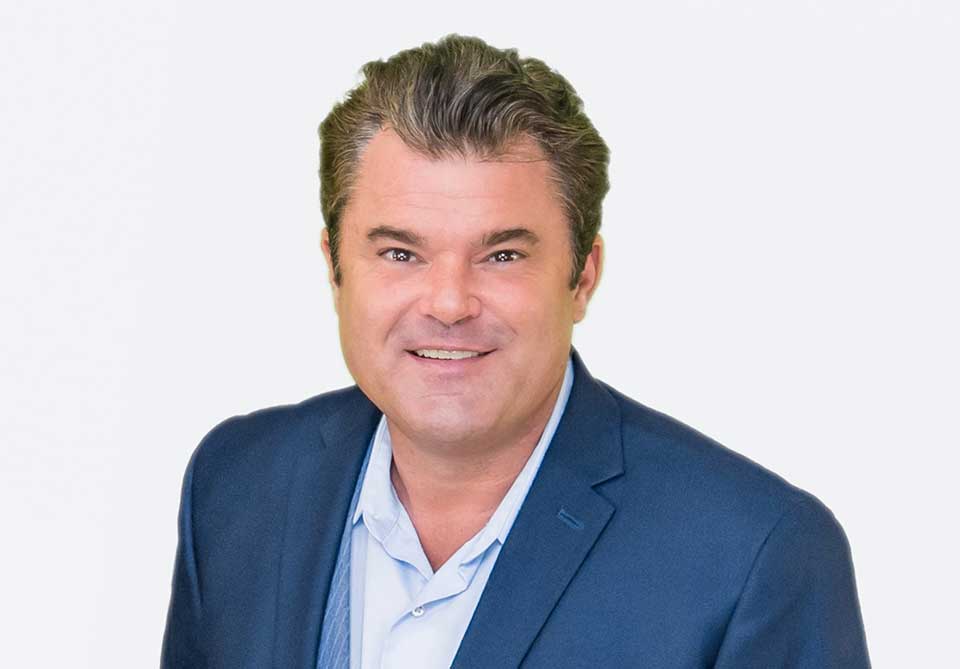Stop Stressing And Start Progressing

Over these last couple of challenging years I’ve become increasingly concerned by the growing number of professionals in my Progress Leadership boot camps and in one-on-one coaching sessions who have shared with me their sense of being overwhelmed, underappreciated, and underpaid. Workplace stress is rarely part of anyone’s job description, but it is unfortunately part of most jobs. It is tough to progress when we are stressed. In fact, we feel stress when we feel we are being hindered from leading progress.
Finding healthy and productive ways for leaders to deal with or relate to the stressful stimuli in this high-tech, low-touch world of speed-of-light change is a vital and important topic that desperately needs discussion. Check this: Stress not only limits your progress; stress can and will kill you (if you don’t take action)!
― The American Medical Association says that stress is now the basic cause of over 60% of all diseases and illnesses (cancer, heart problems, etc.).
― Stress-related problems, according to the American Institute for Stress, are responsible for 75% to 90% of doctor visits.
― A study conducted by the University of London found that unmanaged reactions to stress were more likely to lead to cancer and heart disease than either smoking cigarettes or eating foods high in the bad kind of cholesterol.
Virtually no part of the body escapes the ravages of prolonged negative stress. Unfortunately, many of us make up our minds to “get serious” about our physical and mental health only when we become ill, suffer a heart attack, or experience some other form of breakdown.
Stress is very dangerous, not to mention expensive. Businesses across the U.S. lose $200-$300 billion dollars annually to stress, resulting in loss in productivity (i.e., less progress) and treatment costs. Effects of stress in the workplace include absenteeism, disruptive outbursts, and the tendency to do as little as possible to get by. All reduce productivity and damage an organization’s bottom line. Plus, many of us do not have a well-defined boundary between work and home, and end up taking work problems home with us and letting them affect our personal life.
I don’t mean to stress you out about stress, but the crazy thing to consider is that WE are truly the ultimate cause of our own stress. It is our reaction to stressful stimuli that “makes us sick,” not the stimuli themselves. We internalize too much outside pressure, which causes inside pressures. No matter what the circumstance, we still have power over the attitude we take toward it. When we feel stress, we become focused on the pain and not the opportunities to take positive steps. Often, we invest so much time dealing with stress that we don’t take time to progress.
We all relate to stimuli differently. What really freaks out one person may excite another, or only mildly irritate a third. The key is to know in advance positive ways to respond to stressful stimuli.
When our negative reactions to the little stuff build up, it undermines our ability to progress. We become irritable and worn out, which leads to more stress. This is an inappropriate triggering of a very useful survival mechanism. When we’re in fight-or-flight mode, we NEED to focus on negatives (no time to smell the flowers when we’re running from a burning building). But when the same physiological reaction is in response to social situations, we only see the negatives, and lose sight of our strengths, resources and possible action steps.
We often think of stressful stimuli as the big life stuff – like a challenging relationship or a scary economic climate. But a great deal of our anxiety comes from the little day-to-day pressures commonly faced in today’s workplace. This dear old world is full of possible “stressors”:
– Dissatisfied customers and indecisive prospects
– Our kids, our coworkers, our coworkers’ kids
– Technology challenges and industry shifts
– Unrealistic workloads and deadlines
– Office gossip and competition
– Long unorganized meetings
– Dictatorial leadership
These are but a few of the world’s never-ending supply of stimuli that we may choose to freak out over, or calmly face.
Our power lies in never losing sight of the fact that it’s our choice to get stressed by something or not get stressed by something. We have the choice to be happy, to be mad, to be stressed, to be giddy. I like giddy. Nothing can MAKE us stressed, just like, despite the suggestion of many a love song, we can’t MAKE someone happy, or vice versa.
We can do things we think will encourage others to choose to be happy, but we can not MAKE someone happy. It is their choice. To be stressed is ours. When we are stressed, we are choosing to respond to stimuli in a stressful way. Stress may be normal, but is not necessary.
It feels great to give 110% at work, but it’s important to always remember that taking good care of ourselves pays off professionally as well as emotionally. Develop stress immunity and resilience. Invest time in doing what helps you renew your energy. If we are going to put ourselves in the best possible position to lead progress in this ever-changing world, it is vital that we take back control of our lives and careers by choosing to gain control of our thought processes.
Pretending that the stress stimuli are not all around us only increases the problem. The way to lead progress in an ever-changing world is through recognition and action.
Written by Dean Lindsay.
Have you read?
# Best CEOs In the World Of 2022.
# Best Citizenship and Residency by Investment Programs.
# These are the world’s most and least powerful passports, 2022.
# The World’s Richest People (Top 100 Billionaires, 2022).
# Case Study: Prince Georges IV, 11th Duke of Royan, Warren Buffett, LVMH’s Bernard Arnault, Apple’s Tim Cook, and Elon Musk.
Bring the best of the CEOWORLD magazine's global journalism to audiences in the United States and around the world. - Add CEOWORLD magazine to your Google News feed.
Follow CEOWORLD magazine headlines on: Google News, LinkedIn, Twitter, and Facebook.
Copyright 2025 The CEOWORLD magazine. All rights reserved. This material (and any extract from it) must not be copied, redistributed or placed on any website, without CEOWORLD magazine' prior written consent. For media queries, please contact: info@ceoworld.biz








